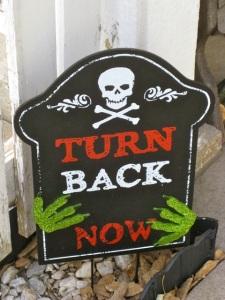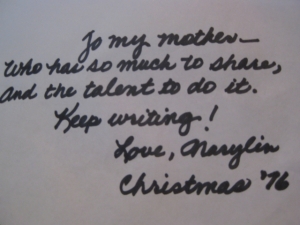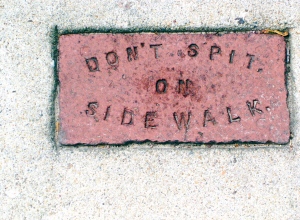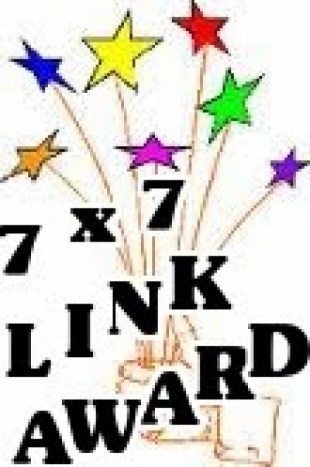From the time I was very young, I remember my mother reading aloud poems, stories and interesting quotes that invited my comments. There was something strong, warm and sweet in the sound of her voice, and the words set me on a path of loving tall tales and short stories. She varied the readings she chose, nudging me to evaluate for myself what rang true and what did not.
She also read aloud to her grandchildren, and in the years before her dementia she read aloud to her great-grandchildren, too. She shared with them the music of words, the taste, touch, scent and sound of words. She gave them a wonderful gift.
Now, coming full circle, I read aloud to my mother. At 98, dementia has caught and held her in confusing earlier times, but she still responds to the music of words read aloud with love and enthusiasm. Our daughter and grandchildren sometimes travel with me to visit my mother, and they read aloud to her with the gentle voices, affection and humor they learned from her. These visits are our turn to give her the gift of words.
Tuesday, November 8th, is YOUNG READERS DAY. It encourages reading to those who cannot yet read, and listening appreciatively to young readers and beginning readers when they read aloud to us. Sharing the music of words is a genuine gift for both the readers and the listeners. I encourage you to make the most of this opportunity. You’ll be glad you did.

I was thrilled when my story, “First Child, Second Place” was one of the 2016 BELLEVUE LITERARY REVIEW prize winners and published in this issue of BLR, where medicine and literature meet. (A note: the cover is of children singing with the nurses and helpers; the stories and poems in the journal may be about children, but they are adult stories.)

from “Somebody” an anonymous poem in this book: “Somebody loves you deep and true. If I weren’t so bashful, I’d tell you who.” 😉 Read a children’s poem and smile!


















































